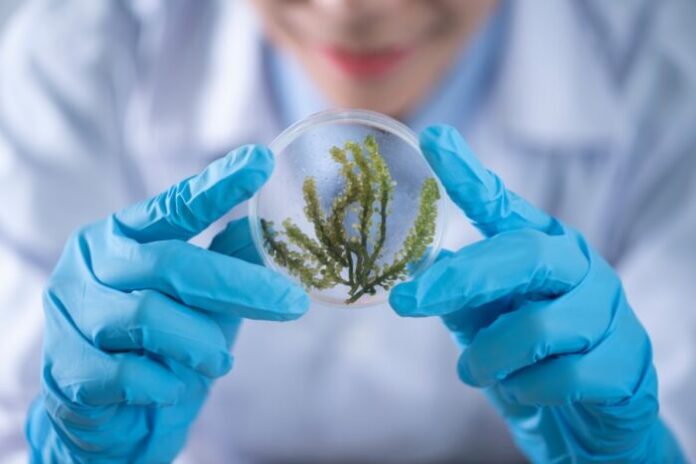
The coronavirus emergency has placed all of us in front of a new challenge for recycling. The need to contain the infection and, therefore, to avoid as much as possible coming into contact with potentially infected surfaces has significantly expanded the spread of single-use gloves, used above all in the medical and professional field.
Hence the need to dispose of them correctly but, before understanding where to throw them, it is important to know the different types of disposable gloves on the market. Find them out together in this article in collaboration with SmartRicicla.
Latex gloves are a biodegradable product that ensures a high level of sensitivity, elasticity and impermeability. These characteristics make them similar to plastic, but in reality latex is a natural product, obtained from the incision of the bark of rubber trees. At the end of its use, therefore, this type of glove must be disposed of in the unsorted bin to be disposed of in a landfill or through waste-to-energy plants or reabsorbed from the environment, being completely biodegradable and therefore capable of decomposing within a few months.
Even single-use nitrile gloves must be sent to the unsorted product, as it is not possible to dispose of them with a specific recycling process. Nitrile is a very elastic synthetic rubber, with mechanical and chemical resistance, sensitivity and ergonomics, all features that make this material ideal for those who handle food or need maximum protection by working in contact with chemicals and / or body fluids. Nitrile is produced from an organic compound and, given its nature, cannot be destined for recycling and therefore for partial or total reuse. It should therefore be placed in the undifferentiated dry product.
Different fate for single-use vinyl gloves, another name of polyvinyl chloride, known to most with the abbreviation PVC, which instead must be given in the separate collection of plastic. These professional gloves have a lower sensitivity and resistance than those in nitrile but the addition of plasticizers makes them malleable, moldable, soft and elastic. Vinyl is a chemically produced material which, thanks to the addition of plasticizers, undergoes a different disposal process than latex and nitrile gloves.
If destined for landfills and therefore for incinerators, this type of glove would release substances dangerous for the environment and human health into the air. In fact, PVC is formed in part by organic chlorine molecules, which during the combustion phase generates a series of chemical compounds of the dioxin family: it is a series of highly toxic molecular groups, often carriers of carcinogenic elements. For these reasons, vinyl gloves must be destined for the collection of plastic and consequently for special recycling plants: through the recovery of the various plastic materials, it is possible not only to obtain new products, but also heat and electricity.
Not only single-use gloves but also masks. There are many who wear protective masks to protect themselves from the risk of infection when they leave the house to go to work or go shopping at the supermarket. It is important to reiterate that, except in the case of washable masks, these products must be thrown away every time after use. In fact, it is not possible to reuse them or even recycle them. This means that disposable protective masks must be thrown into the collection of the unsorted waste.
Read more:
- Separate collection: how to recycle plastic waste
- How to make separate collection: what to throw in the unsorted waste
- Separate collection: how to properly recycle organic waste
- How to make the separate collection: recycling codes and symbols
- How to recycle: a guide to separate collection




































